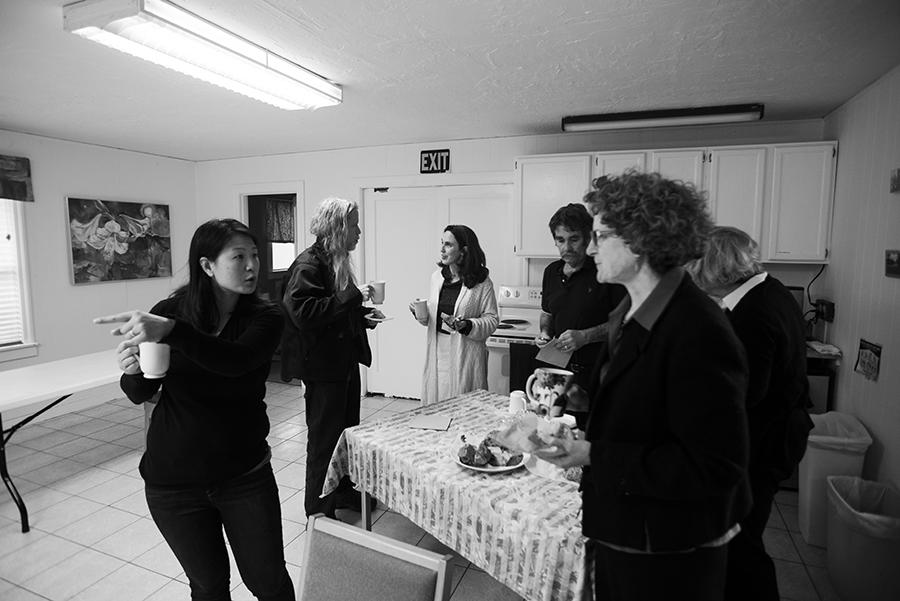Real estate agents in West Marin are donating a percentage of their commission fees to nonprofits in an attempt to offset the region’s . . .
Real estate firms pitch in to charitable causes


Real estate agents in West Marin are donating a percentage of their commission fees to nonprofits in an attempt to offset the region’s . . .